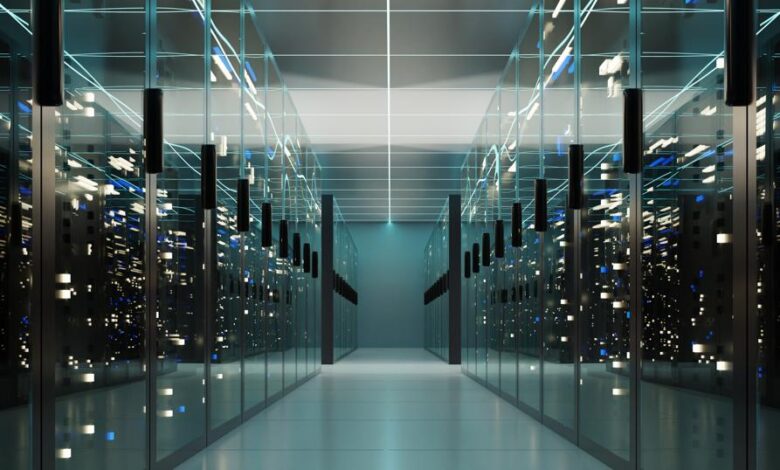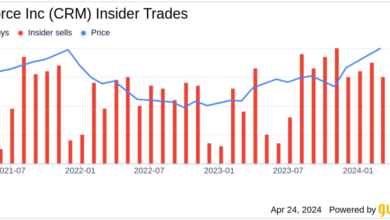What Is A Data Center? – Forbes Advisor

Data centers are important for several reasons, which are listed below.
Supports Business Applications
Few businesses today operate without any applications. A business application is anything from customer relationship management (CRM) to enterprise resource planning (ERP) to human resources (HR) platforms. If your business is too small to need these applications, it’s likely you use communication apps like Slack or project management apps like Asana. Even if all you use is email, that’s still an application that requires computing resources to power it—and those resources are all housed in data centers.
Supports Data Storage and Management
Organizations have had to process more and more data as the number of computing devices exploded in business environments over the last 20 years. Every corporate endpoint like a cellphone or laptop delivers data to a business and that data needs to live somewhere. Data centers—whether businesses run their own on-premise, lease equipment elsewhere or use a cloud provider—keep corporate data retrievable and manageable.
Keeps Data Safe
Data centers, if protected properly, contain many layers of security to keep data safe. From biometric scanners to alarms to human security staff, data centers leverage all manner of tools to protect the hardware that stores an organization’s data. Aside from physical protection, data centers also connect to external networks to access security solutions such as firewalls, failover, load balancing and intrusion protection.
Serves as the Foundation of Modern Business
You’re hard-pressed to find an organization or government today that doesn’t rely on a data center in some capacity. The nature of the digital world means businesses must run modern, secure IT environments that completely depend on data centers. Even organizations that are entirely cloud-based pay cloud providers to secure and supply their computing power and those cloud providers deliver that power through their data centers.
Offers Flexibility and Scalability
If organizations choose a data center model run by a third party off-premise, they can adjust their storage and infrastructure needs more easily than if they had on-premises data centers. By opting for colocation or managed data center services (more on those below), businesses skip the steep up-front costs of setting up their own data centers and they leverage the flexibility of paying for the storage and data capacity they need in the moment. These models allow organizations to expand and shrink capacity as needed—resulting in cost savings.



